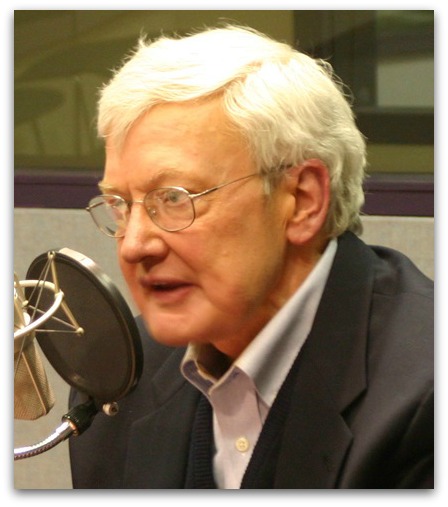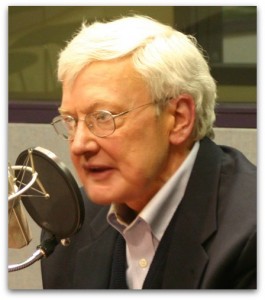The Academy Awards are not objective. Sometimes movies that film critics don’t care for take home the big prizes. Here are a few examples of award-winning movies that Roger Ebert didn’t particularly like.
Oscars: It won five Academy Awards, including Best Picture and Best Actor for Russell Crowe.
Ebert: Since he started reviewing film professionally in the late 1960s, Ebert gave at least three, and almost always four stars, to the films that went on to win the Oscar for Best Picture. Gladiator is the sole exception, with two stars. “The film looks muddy, fuzzy, and indistinct. Its colors are mud tones at the drab end of the palette, and it seems to have been filmed on grim and overcast days,” Ebert wrote. “The characters bring no cheer: They’re bitter, vengeful, depressed. The story line is Rocky on downers.”
The Usual Suspects (1995)
Oscars: It was nominated for just two awards, but they were big ones: Best Original Screenplay and Best Supporting Actor (Kevin Spacey). It won both.
Ebert: The critic gave 1.5 stars to the legendarily twisty movie with a shocking reveal at the end. “To the degree that I do understand, I don’t care. It was, however, somewhat reassuring at the end of the movie to discover that I had, after all, understood everything I was intended to understand. It was just that there was less to understand than the movie at first suggests. I prefer to be amazed by motivation, not manipulation.”
The Cider House Rules (1999)
Oscars: John Irving won an Oscar for adapting his own novel to the screen, while Michael Caine won his second award for Best Supporting Actor.
Ebert: Two stars. “I left the theater wondering what the movie thought it was about and was unable to say. It’s almost deliberately unfocused. The story touches many themes, lingers with some of them, moves on, and arrives at nowhere in particular. It’s not a story so much as a reverie about possible stories.”
Dead Poets Society (1989)
Oscars: It won the award for Best Original Screenplay, while director Peter Weir was nominated, as was star Robin Williams in one of his first dramatic roles. It lost Best Picture to Driving Miss Daisy.
Ebert: 2 stars. “A collection of pious platitudes masquerading as a courageous stand in favor of something: doing your own thing, I think. It’s about an inspirational, unconventional English teacher and his students and how he challenges them to question conventional views by such techniques as standing on their desks. It is, of course, inevitable that the brilliant teacher will eventually be fired from the school, and when his students stood on their desks to protest his dismissal, I was so moved, I wanted to throw up.”









